MercoPress. South Atlantic News Agency
Tag: plastic pollution
-
Wednesday, June 11th 2025 - 08:11 UTC
The plastic legacy has reached profusely to the bottom of the planet

On 5 June, UN World Environment Day, the campaign motto was “Beat Plastic Pollution”, and with very good reasons, we are surrounded by plastic pollution and a report from BAS indicates that at the bottom of the world, where few humans have ever set foot, an unwelcome visitor has arrived. Antarctica – the vast, frozen wilderness of ice and snow – is no longer untouched by humanity’s most persistent pollutant: plastic.
-
Friday, June 6th 2025 - 08:59 UTC
On World Environment Day, beat Plastic Pollution
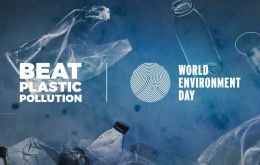
More than 400 million tons of plastic is produced every year worldwide, half of which is designed to be used only once. Of that, less than 10 per cent is recycled. An estimated eleven million tons end up in lakes, rivers and seas annually. That is approximately the weight of 2,200 Eiffel Towers all together.
-
Friday, February 7th 2025 - 07:59 UTC
Scientists discover micro plastics in Antarctica deep field camps
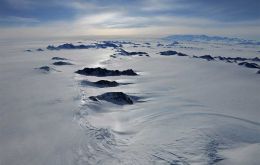
Scientists have discovered microplastics in the snow near some of Antarctica’s deep field camps, revealing how far-reaching plastic pollution has become. While not new, it’s the first time these tiny pieces of plastic have been found in remote locations.
-
Tuesday, October 27th 2020 - 08:49 UTC
The Atlantic ocean first 200 meters water layer holds 12 to 21 million tons of micro plastic waste

Researchers have made micro plastic measurements in the Atlantic Ocean for the first time. In the first 200 meters of the water layer, they estimate that there are approximately 12 to 21 million tons of waste.
-
Thursday, June 25th 2020 - 05:55 UTC
Micro plastics pollution reaches Antarctica: found in land based food systems
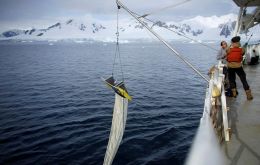
Scientists have found bits of polystyrene in the guts of tiny, soil-dwelling organisms in the Antarctic, raising concern that micro-plastics pollution has already “deeply” entered the world's most remote land-based food systems.
-
Wednesday, June 5th 2019 - 09:07 UTC
Antarctica Tour Operators pledge to turn tide on plastics with new waste reduction guidelines

The International Association of Antarctica Tour Operators (IAATO) has pledged to turn the tide on plastics with new guidelines set to reduce single-use plastic use among visitors to the white continent.
-
Thursday, May 23rd 2019 - 08:59 UTC
England's to ban plastic straws, cotton buds and drink stirrers by April 2020
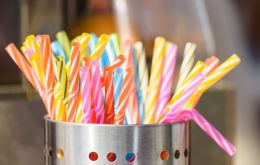
Plastic straws, drinks stirrers, and plastic-stemmed cotton buds will be banned in England from April 2020, British Environment Secretary Michael Gove said on Wednesday.
-
Saturday, March 30th 2019 - 08:04 UTC
EU bans use of plastic cutlery and cottons buds by 2021
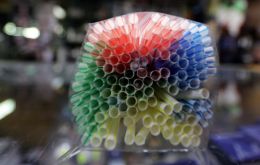
Single-use plastic items such as straws, forks and knives as well as cotton buds will be banned in the European Union by 2021 following a vote by EU lawmakers last Wednesday as the bloc pushes manufacturers to step up their recycling efforts.
-
Wednesday, March 20th 2019 - 09:35 UTC
Dead whale with 40 kilos of plastic in its stomach found off the Philippines coast
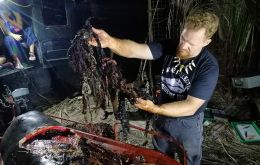
A dead whale with 40 kilograms of plastic in its stomach has been discovered off the coast of the Philippines. Marine biologist Darrell Blatchley was called to recover the 4.7m Cuvier’s beaked whale, which was trapped in the shores of the Mabini Compostela Valley.
-
Friday, March 15th 2019 - 08:28 UTC
Coca Cola uses three million tons of plastic packaging in one year

For the first time, Coca-Cola has revealed it used three million tons of plastic packaging in one year. It's part of a report by the Ellen MacArthur Foundation which is pushing for companies and governments to do more to tackle plastic pollution.
